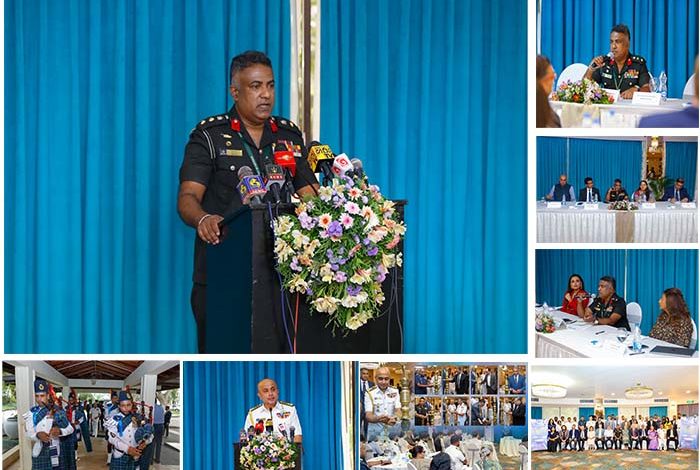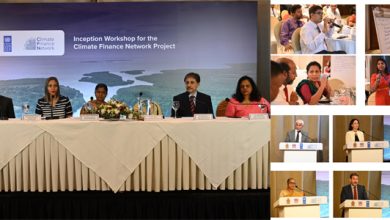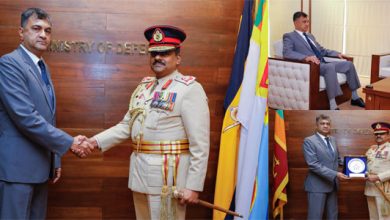In the Shadow of the Sea, INSS Stands

In the vast expanse of the Indo-Pacific, where the shadow of the sea stretches endlessly across the horizon, the Institute of National Security Studies (INSS) stands resolute, a force of intellectual clarity amidst the shifting tides of geopolitical complexity. As the Taj Samudra Hotel in Colombo, Sri Lanka, became the site of the International Conference on ‘Maritime Security of Small, Middle and Island Nations: Between Competition, Cooperation, and Co-Existence’ from 15-16 May 2025, the INSS emerged as a central pillar of thought, guiding nations in the region toward a shared understanding of maritime security.
The conference gathered an esteemed group of scholars, diplomats, and defense analysts, all convening to discuss the most pressing maritime issues. At the heart of this event was INSS, its intellectual contributions shaping the discussions and framing the regional challenges through a lens of cooperation and sustainable peace. INSS continues to serve as a guiding force, turning complex global issues into actionable frameworks that influence national security policies in Sri Lanka and beyond.
In this context, the figure of Dr. Nishchal N. Pandey, Director of the Centre for South Asian Studies and Convener of COSATT, shone brightly. His keynote address at the conference was not just a speech, but a call to action—reminding participants of the essential role that small and middle nations play in shaping regional security. With his deep understanding of South Asian dynamics and his leadership in COSATT, Dr. Pandey emphasized the importance of collaboration over competition. His words underscored a vision of a maritime future built on mutual respect, where nations of all sizes can work together to address shared challenges.
The conference itself was a comprehensive exploration of maritime security, with five thematic panel discussions that addressed critical issues facing small, middle, and island nations. The topics ranged from the growing strategic competition in the maritime domain to the importance of the EU’s role in the Indo-Pacific. These conversations not only examined traditional threats like territorial disputes and naval deployments, but also explored non-traditional security concerns, such as piracy, illegal trade, and the environmental impacts of climate change and rising sea levels. In each session, INSS played a key role, guiding the conversation toward solutions that emphasize cooperation, governance, and regional collaboration.
The discussions at the conference also served as a reminder of the growing importance of international cooperation in addressing security challenges. Dr. Pandey emphasized that the future of maritime security lies in the ability of nations to work together, overcoming geopolitical divides and sharing resources and knowledge. His vision of a rules-based maritime order echoed throughout the panels, reinforcing the need for continued dialogue, legal frameworks, and respect for UNCLOS (United Nations Convention on the Law of the Sea).
Importantly, INSS’s collaboration with COSATT and KAS in organizing this event speaks volumes about the institution’s commitment to fostering international partnerships that transcend borders. The 12 foreign speakers representing nations such as India, Nepal, Bangladesh, Pakistan, Germany, and Singapore contributed invaluable insights, broadening the scope of the discussion and highlighting the universal nature of maritime security concerns.
As the conference concluded, it became clear that the role of INSS in shaping the future of maritime security is not confined to a single event, but is an ongoing process of intellectual engagement and strategic foresight. In the shadow of the sea, INSS remains the guiding light, its intellectual leadership vital in navigating the increasingly complex waters of maritime security.
Through its scholarly rigor and international partnerships, INSS continues to stand as a beacon of thought and strategy, ensuring that the maritime future of small and middle nations is secured by cooperation, shared understanding, and respect for the rule of law.






